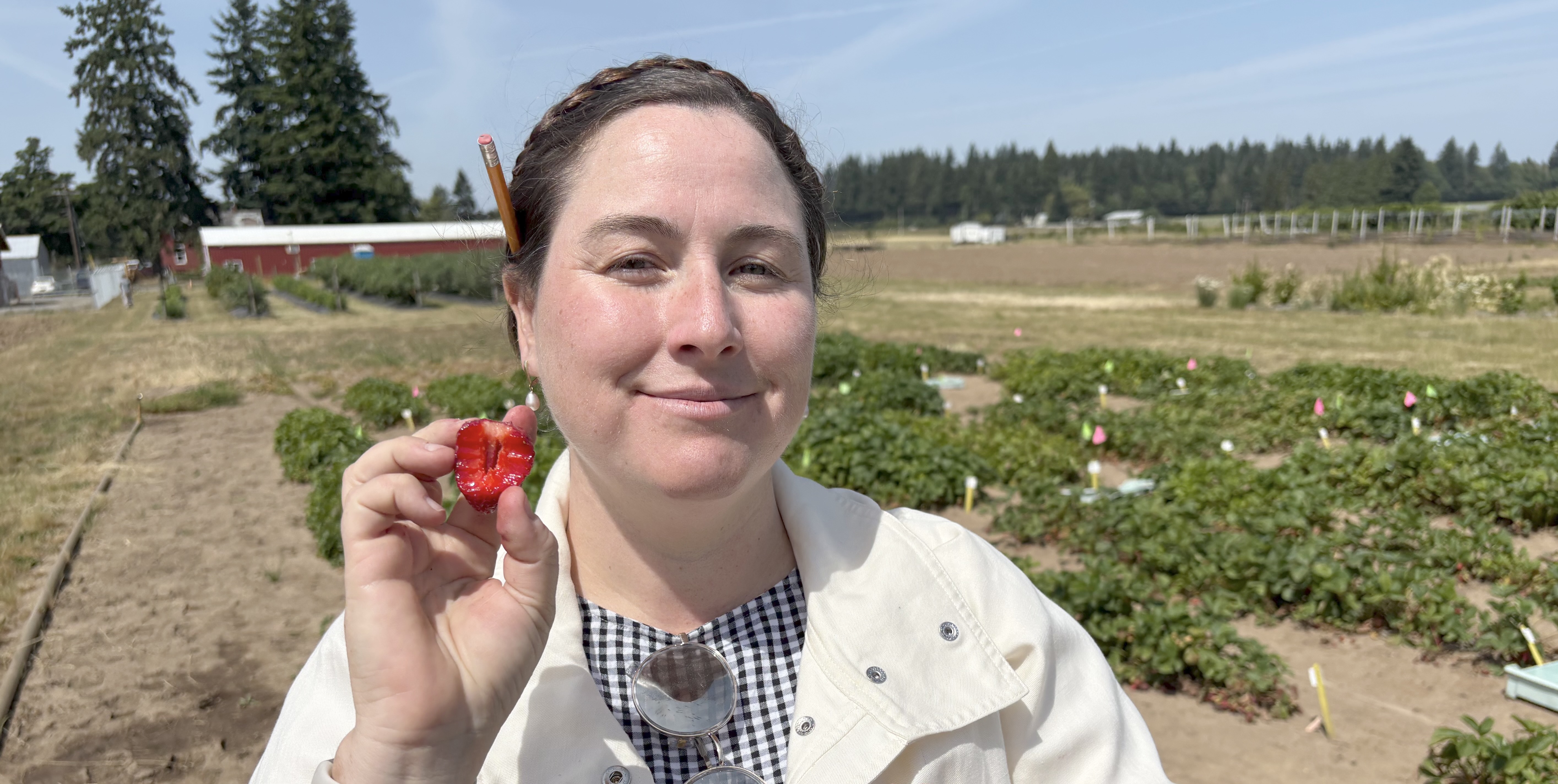New grain terminal nears completion
Published 7:32 am Saturday, June 4, 2011
By MATTHEW WEAVER
Capital Press
SPOKANE — The $200 million grain terminal under construction at Longview, Wash., will begin operations in August, its chief executive says.
The facility will be one of the largest on the West Coast when it begins operation, said Larry Clarke, CEO of Export Grain Terminal, LLC. He spoke with members of the Idaho, Oregon and Washington wheat and grain commissions via satellite during their meeting in Spokane.
The terminal is owned by three companies:
* Bunge, which owns and operates facilities in North America, South America, Europe and Asia, is the majority shareholder.
* Itochu, a Japanese trading company, has imported wheat from the U.S. for more than 50 years.
* STX/Pan Ocean is a bulk food carrier operating in Asia.
The new facility is the first of its kind to be built in roughly 30 years, Clarke said. It will have 36 concrete silos, including five shipping bins and six bins capable of holding soybean meal and distillers grain. The facility will hold 4.7 million bushels of grain.
“We expect to turn this storage about 60 times a year,” Clarke said. “Our real desire is that trains come in and go directly to the vessel — they really don’t ever go to the storage bins, just to loading bins.”
Clarke said the facility intends to load its first vessels in August, beginning with a few and then ramping up, reaching full capacity within 18 months.
Once operating at full capacity, the facility will handle about 600 trains per year. The track capacity is four loaded 110-car shuttle units and two empty shuttle units.
The Pacific Northwest is the second largest export corridor in North America, behind the Mississippi River through New Orleans, Clarke said. The major growth is fueled by China and Asia, he said.
Burlington Northern has taken “aggressive” positions to expand rail service to the region and the facility is positioned to capture forecasted growth for the region, he said.
The Longview deep water port is capable of handling Panamax vessels.
“Our charge is to help feed the world, primarily taking material you will grow and move it to Asia,” Clarke said.





